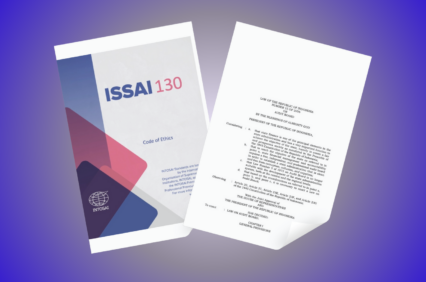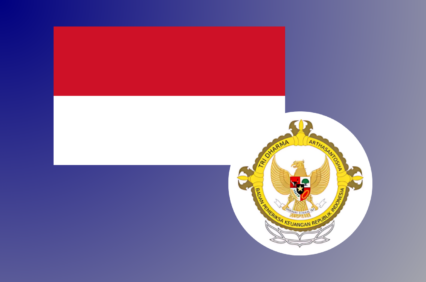The integrity and ethics standards and guidelines of supreme audit institutions (SAIs) have been provided by the International Standards of Supreme Audit Institutions (ISSAI). INTOSAI P1 on the Lima Declaration states that members and auditors of a SAI must have the qualifications and moral integrity required to carry out their duties. ISSAI 100 on Fundamental Principles of Public Sector Auditing states that SAIs need to develop and maintain procedures relevant to organizational ethics and quality control to ensure that the supreme audit institution and its auditors comply with standards, ethics and statutory provisions. Furthermore, ISSAI 130 on the Code of Ethics emphasizes the need for a SAI to implement an ethics control system that comprises specific strategies, policies, and procedures. These practical elements, such as regular ethics training, clear ethical guidelines, and a system for reporting ethical violations, are crucial to guide, manage, and control ethical behaviour, making the implementation of ethics control systems a tangible and effective process.
By: Teguh Widodo
Filter By:



